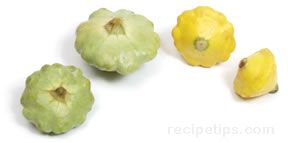
Pattypan Squash
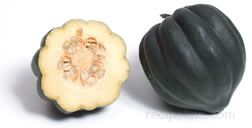
Acorn Squash

Opo Squash
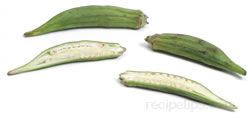
Chinese Okra
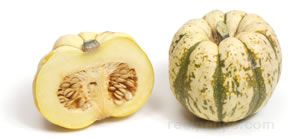
Sweet Dumpling Squash

Chayote Squash
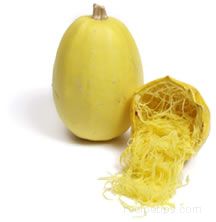
Spaghetti Squash
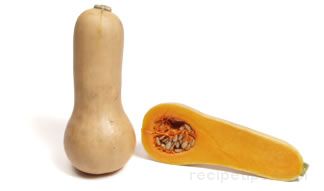
Butternut Squash
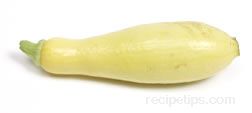
Yellow Squash
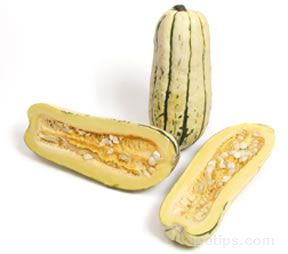
Delicata Squash
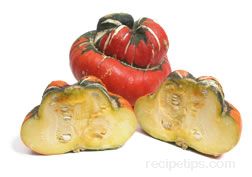
Turban Squash
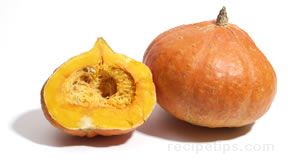
Gold Nugget Squash
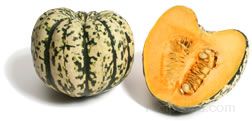
Carnival Squash |
|
| The fruits of various members of the gourd family, which fall into two classifications, summer squash and winter squash. Summer squash have thin skins, edible seeds and a short cooking time. They are very low in calories, high in vitamin C and high in fiber. Summer squash are picked immature while they are still tender and are generally eaten within a short period of time since it is very perishable. They can be stored for five days or less if wrapped in plastic and placed in the refrigerator. Summer squash can be prepared in several ways, such as steaming, baking, sautéing and deep-fat frying. Examples of summer squash are zucchini, pattypan and crookneck. Winter squash has thick skins, hard seeds, and very dense flesh that requires that it be cooked longer than summer squash. It is low in sodium, a good source of vitamin A, and high in fiber. They can be stored for extended periods of time, for a month or more if stored in a cool dry location. Winter squash is generally prepared by baking, steaming or simmering. Examples of winter squash are butternut, buttercup, turban, acorn and spaghetti. |
|

